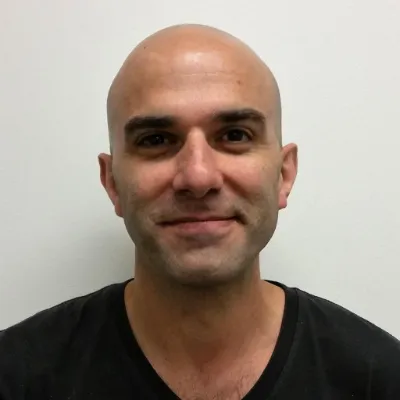Long distance running has been the subject of many unfounded rumours over the years.
It’s bad for your knees.
Partners of runners and well-meaning non-running friends
It’s bad for your heart.
It’s bad for your muscles/tendons.
Thanks to research, we know that your knees actually have less wear and tear in later life with consistent distance running. We know the heart and lungs adapt to running harder and longer, so it’s another win there. But what about your muscles and tendons?
New research has found huge adaptions in the human body from running long distances. The tendons become more efficient at bouncing and propelling you forward, meaning your muscles have less work to do and better efficiency.
The study detailed how those who regularly ran 48km or more a week showed neuromuscular changes that improved their running efficiency – meaning they needed to do less work to cover the same distance. This is due to changes in the tendons that occur with high-mileage training, and these adaptations are enhanced the faster you go. Tendons became more elastic, enhancing their spring-like performance, which helped propel the body forward more efficiently. The additional bounce in the tendons meant the muscles didn’t have to work as hard, reducing the effort involved and improving the efficiency of the running gait overall.
Keep in mind that these changes don’t occur after just one run – they’re the accumulation of years of training stimulus and physiological adaptation. So the key to boosting your efficiency is persistence and consistency. Avoid injury, maintain your strength and keep at it and you can’t go wrong – it’s just another reason why we hate rest!!
Written by
Pete Colagiuri
Sports Physiotherapist
Pete has over 20 years experience as a Physiotherapist and specialises in running biomechanics and complex injuries. He believes that you must identify and fix the underlying cause of an injury, to recover faster, prevent recurrences and improve performance.


